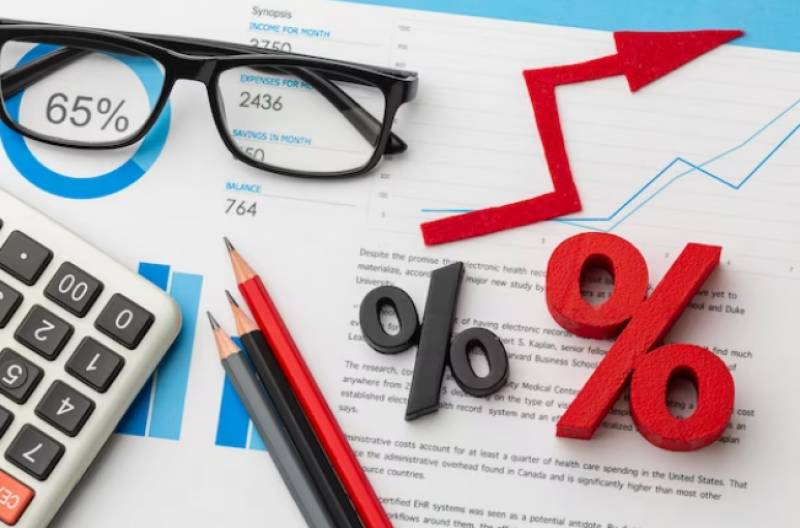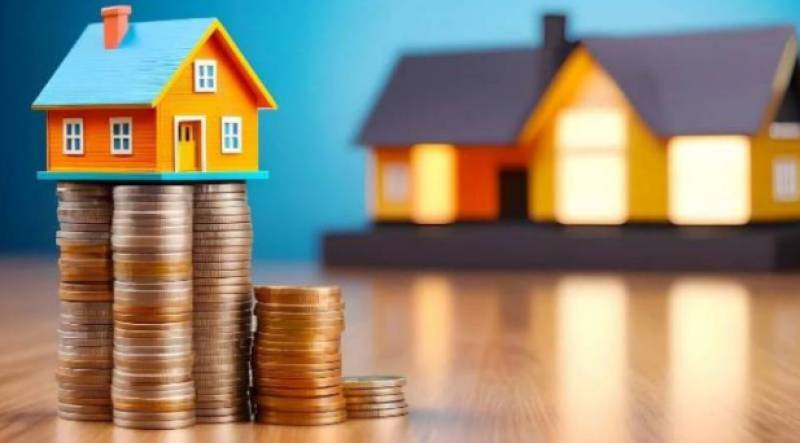

- EDITIONS:
 Spanish News Today
Spanish News Today
 Murcia Today
Murcia Today
 Alicante Today
Alicante Today
article_detail
Date Published: 15/09/2023
Mortgage repayments increase in Spain following yet another rate hike
The latest increase means that home loans in Spain have become 35% more expensive

There were hopes that the European Central Bank (ECB) would forego another rate hike this month as inflation slowly stabilises, but in a further bid to strengthen economic recovery the financial experts decided to increase interest rates by another 0.25 points on Thursday September 14 – the ECB’s tenth rate rise.
The upshot is that variable mortgages have become dramatically more expensive for the four million households in Spain that hold this kind of uncertain home loan, and the average monthly repayment has now increased by around 35%. This means that a mortgage of 150,000 over a 25-year term costs 229 euros per month.
But it’s not just mortgage holders who are in hot water since the rate hikes also affect several other types of loans, for cars, household appliances etc. Furthermore, it is worth remembering that 5% of Spanish households have to go into debt to make ends meet. Many of them, predictably, resort to consumer loans. Statistics from the Bank of Spain reflect that the volume of this type of loans skyrocketed in July to its highest levels since 2009.
Since not paying the mortgage isn’t an option, most consumers have to trim their budgets in other areas, something that isn’t as easy as it sounds considering the prise of most everyday essentials is still much higher than a year ago. In August, groceries cost 10.5% more than in 2022 and many staples have become unaffordable. Olive oil, for example, is 52.5% more expensive. The same goes for sugar (+42.5%), rice (+22%), potatoes (+18%), pork (+16%) and milk, cheese and eggs (+12%).
Fuel tells a similar story: petrol is 8.6% pricier this summer than last and diesel has gone up by 13.4%.
While Spain’s GDP (gross domestic product) is looking pretty healthy compared to other countries like Germany, which will end the year with a negative balance, experts are worried that the ECB rate hikes, which are designed to calm inflation, will have the opposite effect entirely.
It stands to reason that if consumers are forking out more on mortgages, food and bills then discretionary spending will suffer, but the banks are adamant that economic growth will pick up again next year.
“We do it [raising rates] not because we want to force a recession, but because we want price stability to reach the people who are bearing the brunt of price increases, who are the least privileged,” the ECB explained.
Image: Freepik
staff.inc.and
Loading
Sign up for the Spanish News Today Editors Roundup Weekly Bulletin and get an email with all the week’s news straight to your inbox
Special offer: Subscribe now for 25% off (36.95 euros for 48 Bulletins)
OR
you can sign up to our FREE weekly roundup!
Read some of our recent bulletins:
Discount Special Offer subscription:
36.95€ for 48 Editor’s Weekly News Roundup bulletins!
Please CLICK THE BUTTON to subscribe.
(List price 3 months 12 Bulletins)
Read more stories from around Spain:
Contact Murcia Today: Editorial 000 000 000 /
Office 000 000 000
























